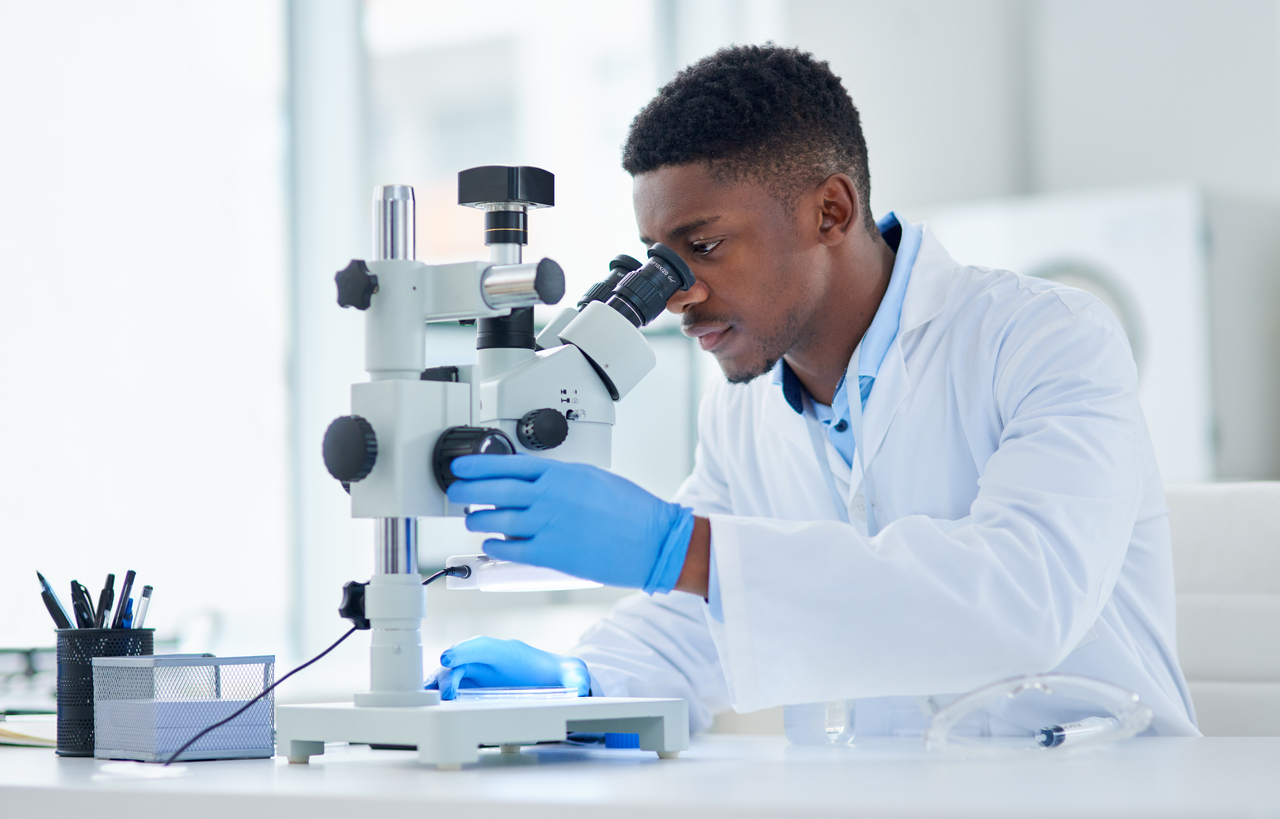Trial Investigates Promising New Beta Cell Treatment
By Anna Brooks
 A clinical trial is recruiting people recently diagnosed with type 1 diabetes to see if the investigational drug Diamyd preserves insulin-producing cells as well as improves time in range.
A clinical trial is recruiting people recently diagnosed with type 1 diabetes to see if the investigational drug Diamyd preserves insulin-producing cells as well as improves time in range.
Clinical Trials Identifier: NCT05018585
Trial Name: Diamyd Administered Into Lymph Nodes in Individuals Recently Diagnosed With Type 1 Diabetes (DIAGNODE-3)
Recruiting: Children and adults ages 12-28 with type 1 diabetes
Trial Sponsor: Diamyd Medical
What is the trial researching?
This trial is investigating the safety and effectiveness of the immunotherapy drug Diamyd on people recently diagnosed with type 1 diabetes. Participants will be split into two groups: one group will receive three injections of Diamyd and the other group will receive three placebo injections.
For both study groups, injections will be administered into lymph nodes in the groin on Days 0, 30, and 60. Both groups will also take a daily dose of oral vitamin D (2,000 IU) for four months.
The study is recruiting 330 participants across 61 study locations to be observed over the course of 24 months. Researchers will first screen for people with HLA DR3-DQ2 – a common gene seen in those with type 1 diabetes. It will also measure if Diamyd preserves beta cell function and any changes in A1C.
Why is this important?
Beta cells are critical for producing insulin, a hormone that helps regulate blood sugar. New forms of treatment like Diamyd could be an important prevention tool by stopping the destruction of beta cells and thus helping the body preserve its natural ability to produce insulin. It could also reduce the risk of diabetes complications – like eye problems, heart disease, and kidney damage.
Are you interested?
You may be eligible to participate if you:
-
Are between the ages of 12-28 and were diagnosed with type 1 diabetes within six months of screening
-
Carry the HLA DR3-DQ2 gene
-
Have an A1C between 5.4-9.5%
-
Are on a regular insulin regimen
-
Are willing to use contraception, birth control, or remain abstinent until 90 days after the last treatment (only applies to women of childbearing age)
See a full list of inclusion/exclusion criteria here.
To learn more about this trial, contact the study team at clinicaltrials@diamyd.com.








